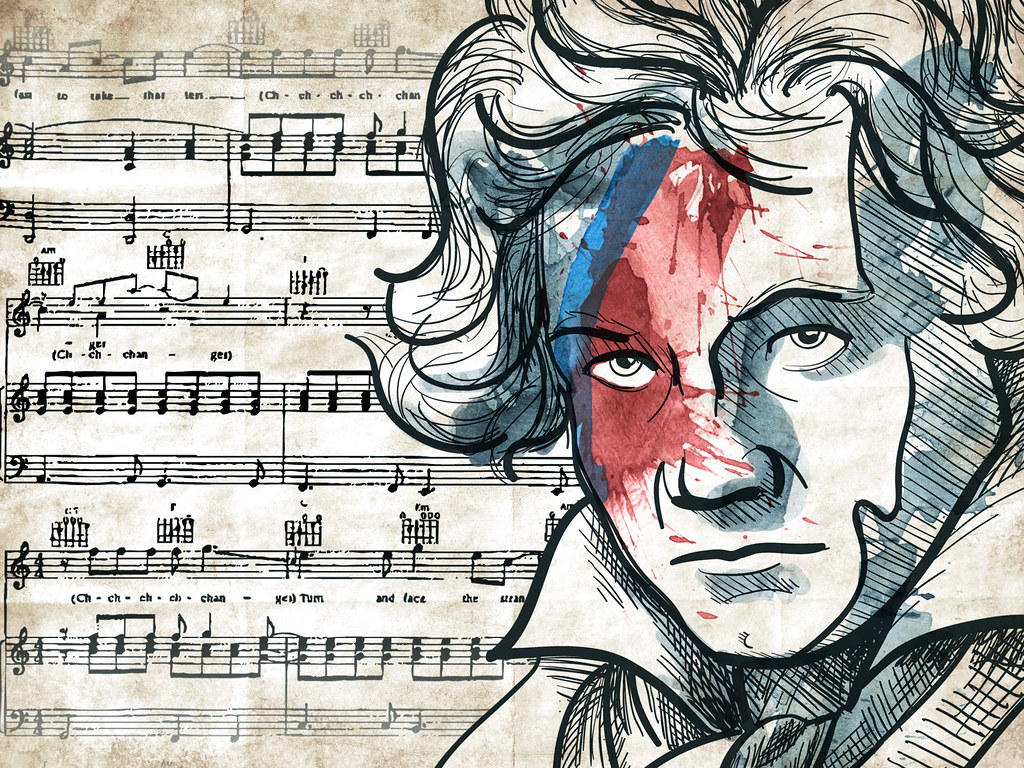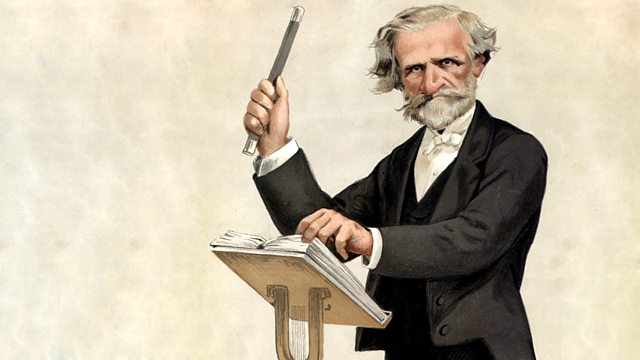
Korsakov – Mlada
Among the many grand musical undertakings of 19th-century Russia, few are as ambitious and fascinating as Nikolai Rimsky-Korsakov’s stage spectacle, Mlada. A synthesis of music,[…]

Korsakov – Trombone Concerto
When discussing the orchestral brilliance of Nikolai Rimsky-Korsakov, most music lovers immediately recall masterpieces like Scheherazade or Capriccio Espagnol. Yet, nestled among his early works[…]

Biography of Ludwig van Beethoven
Ludwig van Beethoven (baptized December 17, 1770 – March 26, 1827) was a German composer and pianist, widely considered one of the most revered figures[…]

Korsakov – The Tale of Tsar Saltan
“The Tale of Tsar Saltan” (Russian: Skazka o Tsare Saltane) is a fantastical opera in four acts with a prologue, composed by Nikolai Rimsky-Korsakov in[…]

Korsakov – Symphony No. 2
Among the most imaginative and colorful works in 19th-century Russian symphonic music is Symphony No. 2 in F-sharp minor, better known as “Antar”, by Nikolai[…]

Korsakov – Russian Easter Festival Overture, Op. 36
Among the vibrant and majestic works of Nikolai Rimsky-Korsakov, the Russian Easter Festival Overture, Op. 36, stands out as a dazzling celebration of Russian liturgical[…]

Korsakov – Scheherazade, Op. 35
Among the glittering gems of Russian orchestral music, Scheherazade, Op. 35 stands out as a dazzling example of musical storytelling and orchestral color. Composed by[…]

Verdi – Nabucco
When we think of the great Italian operas that shaped the 19th century, Nabucco by Giuseppe Verdi stands out not only as a musical masterpiece[…]

Verdi – Rigoletto
Rigoletto is one of the most celebrated operas in the history of classical music, composed by the great Italian maestro Giuseppe Verdi. Premiered in 1851,[…]

Verdi – Falstaff
Falstaff, Giuseppe Verdi’s final opera, stands as a triumphant farewell from one of the greatest composers in the history of classical music. Premiered in 1893[…]